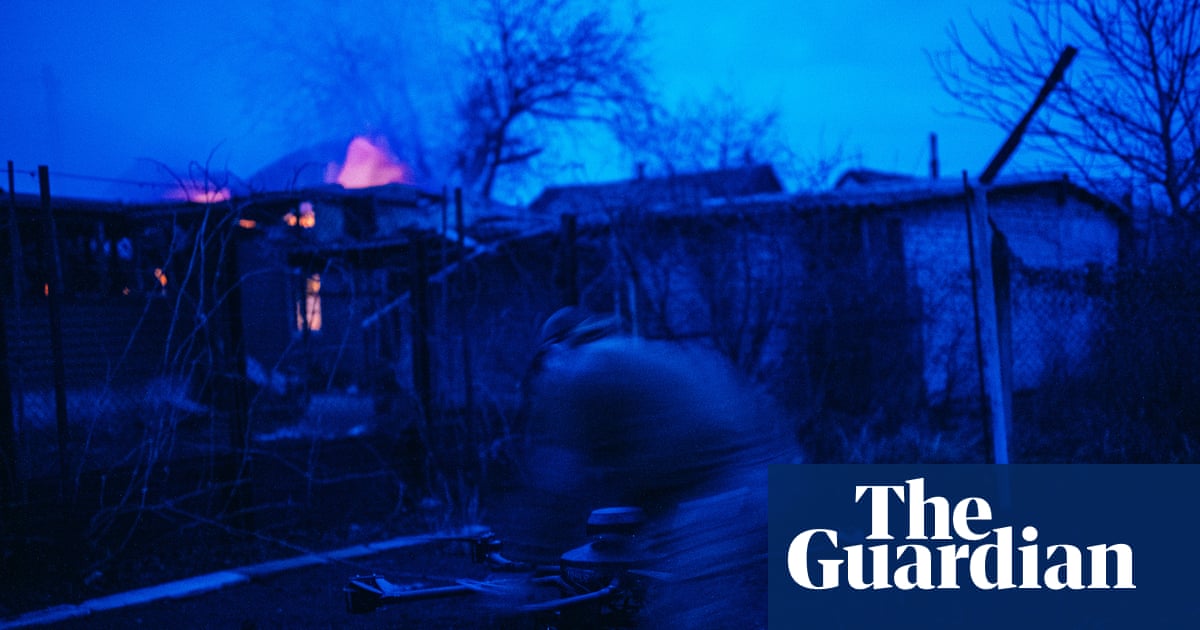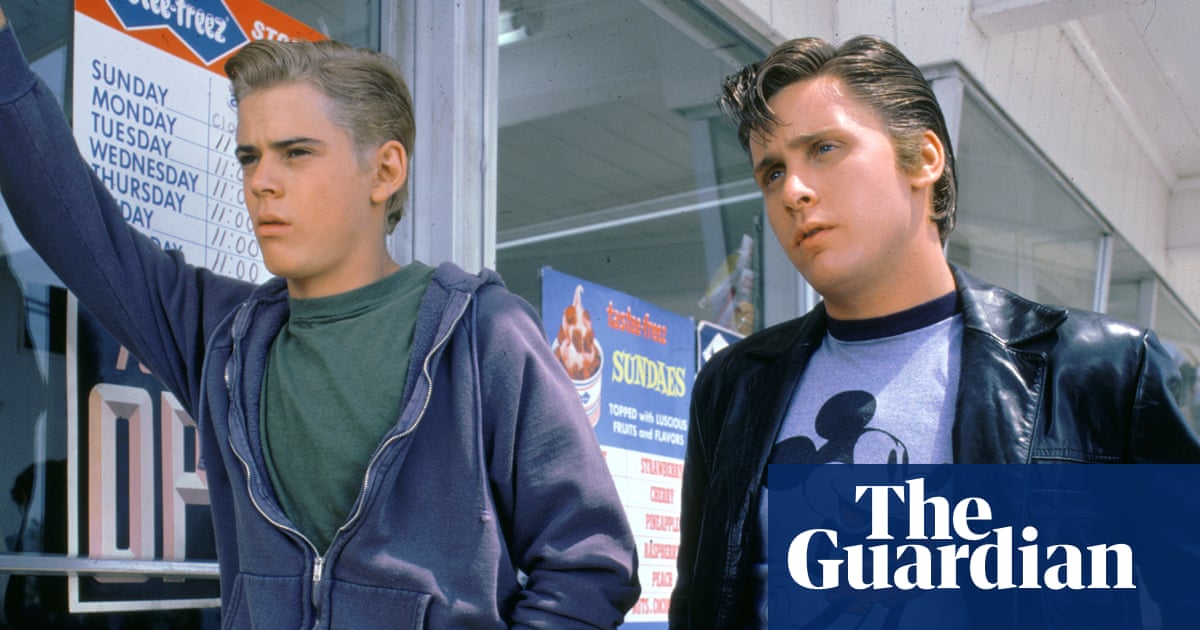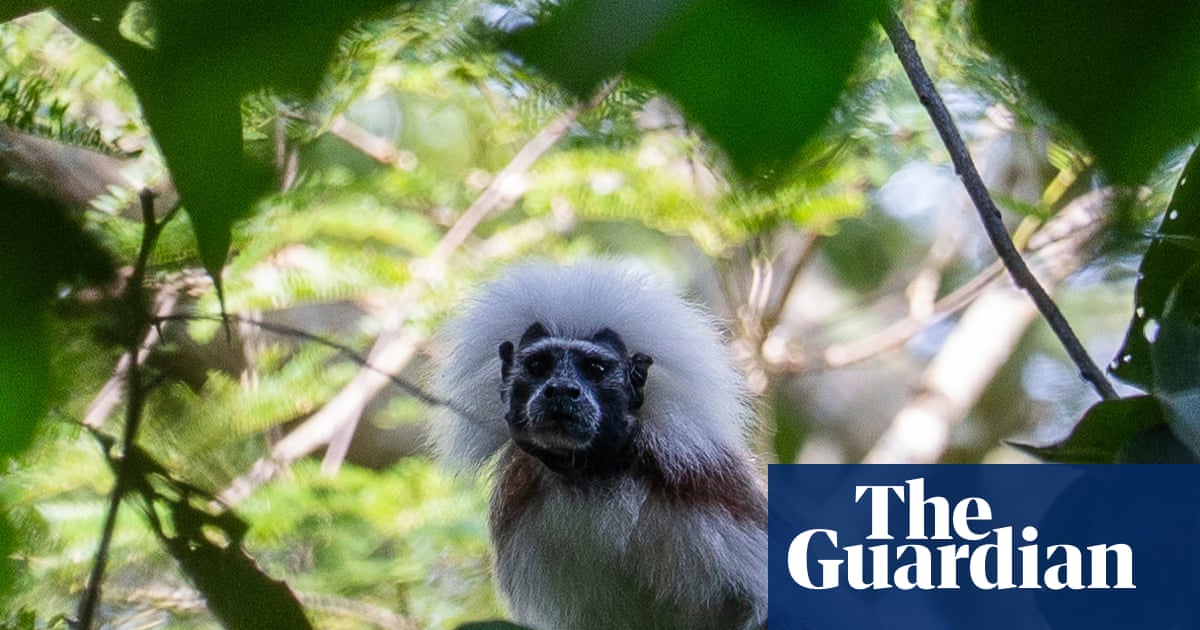BrewDog has sold a Highlands rewilding estate it bought with great fanfare in 2020 after posting losses last year of £37m on its beer businesses.
The company paid £8.8m for Kinrara near Aviemore and pledged it would plant millions of trees on 50 sq km of land, initially telling customers the project would be partly funded by sales of its Lost Forest beer.
It retracted many of its original claims, admitting the estate was smaller, at 37 sq km, and the tree-planting area smaller still. It would never have soaked up the 550,000 tonnes of CO2 every year that it originally claimed but a maximum of 1m tonnes in 100 years.
The venture, which was part of since-abandoned efforts by the co-founder James Watt to brand the business as carbon-negative or -neutral, was beset by further problems. Critics said the native trees planted there were failing to grow and buildings were sold off.
Now run by a new executive team, the self-styled “punk” beer company announced in early September that it lost £37m last year while recording barely any sales growth. About 2,000 pubs delisted BrewDog products as consumer interest soured and the company announced it was closing 10 of its bars, including its flagship outlet in Aberdeen.
Kinrara, which covers 3,764 hectares (9,301 acres) of the Monadhliath mountains, is the latest asset to be sold by the company. It has been bought by Oxygen Conservation, a limited company funded by wealthy rewilding enthusiasts.
Founded only four years ago, Oxygen Conservation has very quickly acquired 12 UK estates covering more than 20,200 hectares. It aims to prove that nature restoration and woodland creation can be profitable.
Rich Stockdale, Oxygen Conservation’s chief executive, disputed claims that the initial restoration work at Kinrara had failed. He said his company planned to continue BrewDog’s programme of peatland restoration and woodland creation.
“We were blown away by the job that had been done; far better than we expected,” Stockdale said. “No woodland creation or environmental restoration project is without its challenges. [But] genuinely, we were astounded about the quality to which the estate’s been delivered.”
Oxygen Conservation’s expansion has been cited as evidence that private investors can play a significant role in nature conservation by helping plug the gap between project costs and public funding.
after newsletter promotion
The company owns three estates in Scotland, two of them in the Cairngorms and Scottish Borders and the third along the Firth of Tay. Its chief backers are Oxygen House, set up by the statistician Dr Mark Dixon, and Blue and White Capital, which was set up by Tony Bloom, the owner of Brighton & Hove Albion football club.
NatureScot, the government conservation agency, said this week it believed it could raise more than £100m in private and public investment for nature restoration, despite widespread scepticism about the approach.
Oxygen Conservation, which values its portfolio at £300m, believes it can profit from selling high-value carbon credits to industry, building renewable energy projects and developing eco-tourism.

 2 months ago
69
2 months ago
69

















































